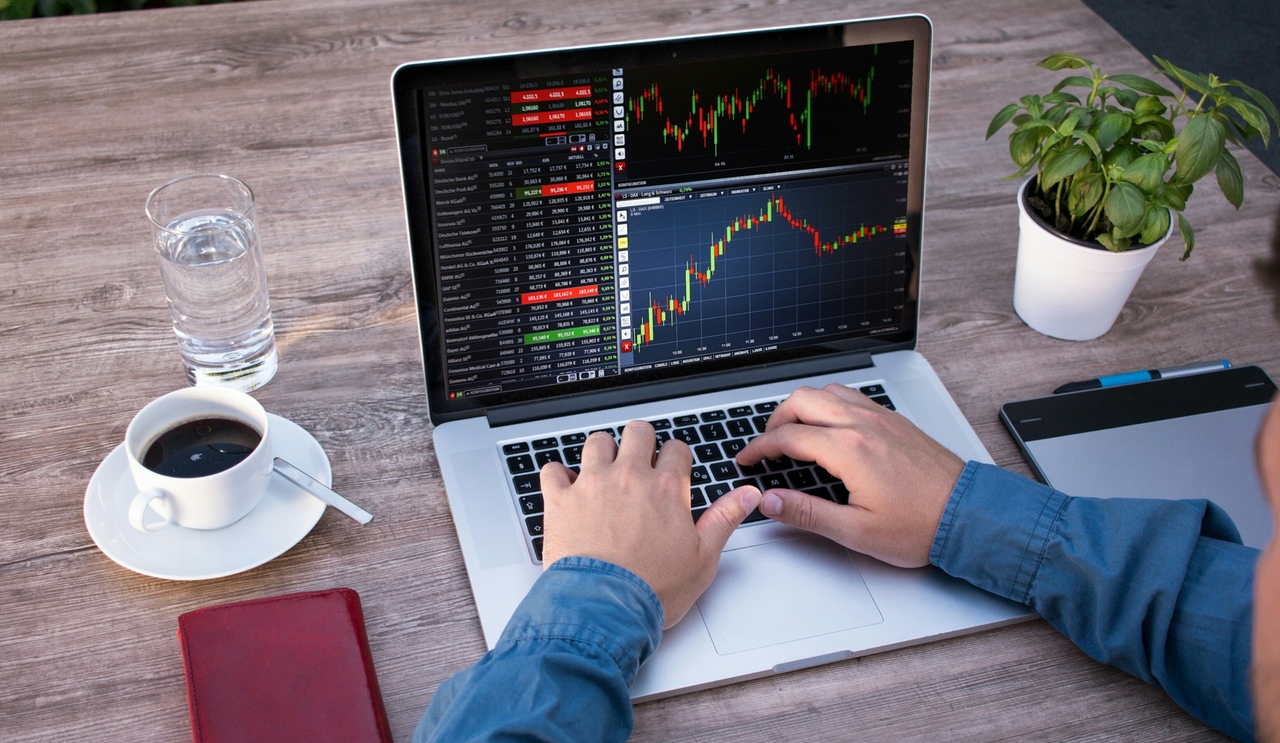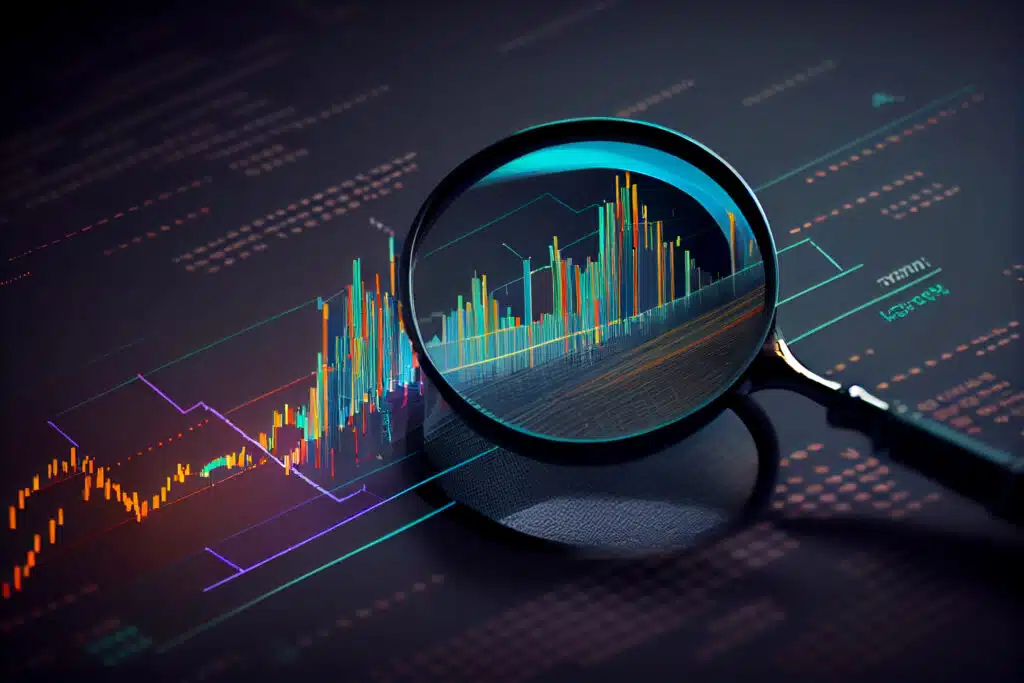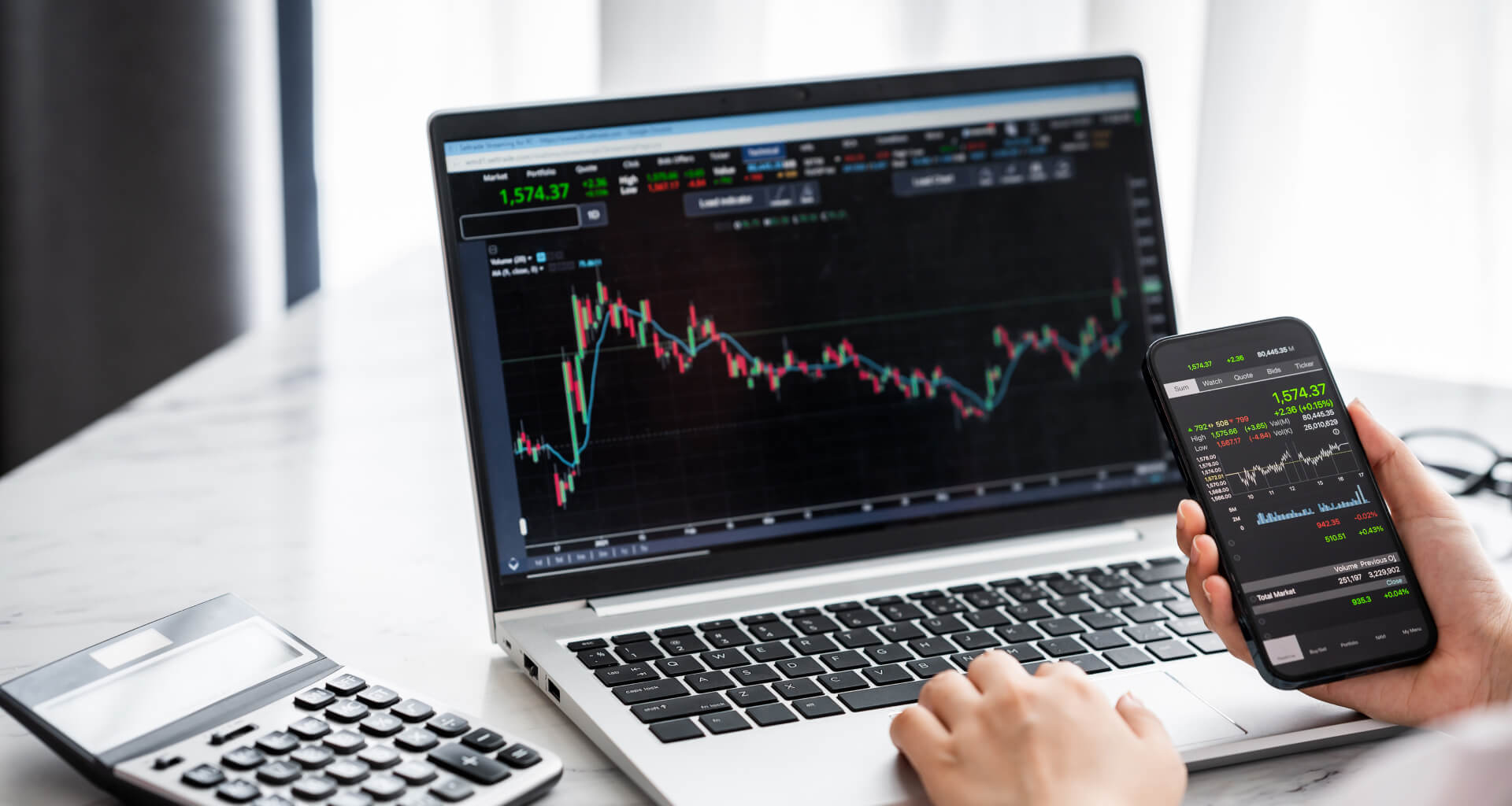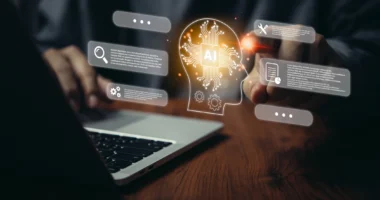In today’s fast-paced financial landscape, the advent of artificial intelligence is transforming the way traders and investors approach the market. Trading simulators, once simple tools designed to mimic real-world trading scenarios, have evolved into sophisticated platforms powered by advanced algorithms and machine learning.
This revolution doesn’t just enhance the user experience; it introduces a new era of data-driven decision-making, where traders can engage in countless simulated trades, test strategies in dynamic market conditions, and gain insights that were previously unattainable. As AI continually refines its capabilities, the line between virtual practice and actual trading blurs, empowering users with the tools to navigate the complexities of the stock market with greater confidence and precision.
This article delves into the myriad ways AI is reshaping trading simulators, making the art of trading more accessible and insightful for novices and veterans alike.
Understanding Trading Simulators: A Brief Overview

Trading simulators serve as an invaluable bridge between theoretical knowledge and practical experience, allowing aspiring traders to navigate the intricacies of the financial markets without the risk of real capital loss. These sophisticated platforms meticulously replicate real-world trading environments, offering users a chance to experiment with strategies, test market conditions, and analyze outcomes in a safe space.
Bar replay free software is one such tool that enhances this experience, enabling traders to replay historical market data bar by bar. This feature allows users to practice their strategies and analyze price movements in detail, providing a clearer understanding of market behavior.
However, the capabilities of trading simulators extend far beyond mere imitation; they harness cutting-edge technology, incorporating rich datasets and real-time market feeds that enrich the educational experience. As trading evolves, particularly with the influx of AI-driven insights, these simulators are becoming more adaptive and intelligent, responding to user behaviors and strategies with unprecedented agility.
Thus, they not only prepare users for the challenges of real trading but also transform the very fabric of how we learn and understand complex trading dynamics.
The Role of Artificial Intelligence in Financial Markets

Artificial Intelligence (AI) plays a transformative role in financial markets, reshaping the landscape of trading and investment strategies. By analyzing vast amounts of data at lightning speed, AI algorithms can identify patterns and trends that human analysts might overlook.
This capability enables traders to make split-second decisions based on real-time market dynamics. Moreover, neural networks and machine learning models are increasingly utilized to simulate complex market behaviors, allowing for more sophisticated trading simulators.
These tools not only empower novice traders to practice and refine their strategies but also provide seasoned professionals with new insights that can lead to competitive advantages. As AI continues to evolve, its fusion with financial markets heralds a new era of efficiency and accuracy, where intuition meets data-driven precision, fundamentally altering how trading is approached.
Risk Management: AI Tools for Safer Trading Practices

In the fast-paced world of trading, the introduction of AI tools is transforming risk management practices, making them more robust and adaptable. Traders now have access to advanced algorithms that analyze vast amounts of data in real-time, identifying patterns and anomalies that human eyes might overlook.
Imagine a scenario where an AI tool instantly flags a sudden market shift, empowering traders to make split-second decisions—this is not just a fantasy; its happening now. Moreover, machine learning models continuously learn from past trades, refining their predictions and risk assessments with each iteration, which adds a layer of sophistication to strategy formulation.
This dynamic shift not only minimizes potential losses but also cultivates a more proactive trading environment, ensuring that risk management is no longer a mere afterthought but a pivotal component of trading strategy.
AI is reshaping the landscape of trading simulators in remarkable ways, enabling both novice and seasoned traders to hone their skills in a more dynamic and realistic environment. Gone are the days of static models and predictable outcomes; today’s AI-driven simulators adapt in real time, learning from user behaviors and market trends.
Imagine a platform that not only replicates current market conditions but also anticipates shifts and allows for diverse trading strategies to be tested instantaneously! Each simulation becomes a journey into the unpredictability of the financial world, where every decision can lead to intricate scenarios that challenge the mind. This blend of cutting-edge technology and engaging user experience is transforming training into an interactive adventure, empowering users to build confidence and make mistakes in a risk-free setting.
Moreover, the ability to analyze and optimize strategies with AI insights fosters a deeper understanding of market movements—qualities that are indispensable for anyone looking to thrive in today’s fast-paced trading environment.
Conclusion
In conclusion, the integration of artificial intelligence into trading simulators marks a significant leap forward in the way traders hone their skills and strategies. By utilizing advanced algorithms and machine learning techniques, these simulators are not only able to provide more realistic market conditions but also offer personalized feedback and insights that were previously unattainable.
Among the various tools available, bar replay free software has emerged as a popular choice for traders seeking to practice and refine their techniques in a risk-free environment. As the technology continues to evolve, we can anticipate even more innovative features and capabilities that will empower both novice and experienced traders alike, ensuring that AI remains at the forefront of trading education and strategy development.




